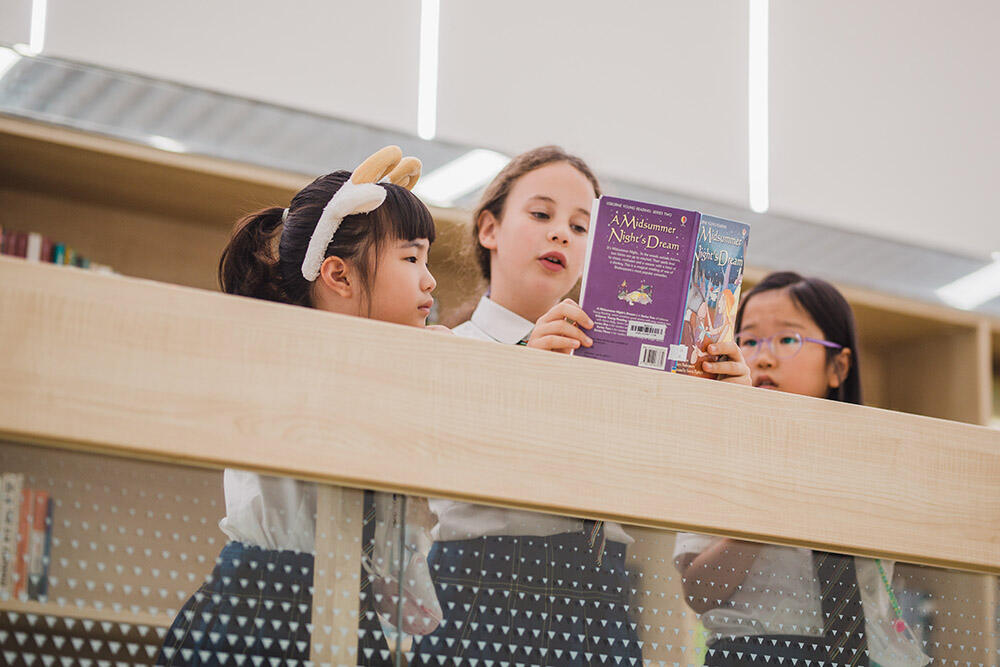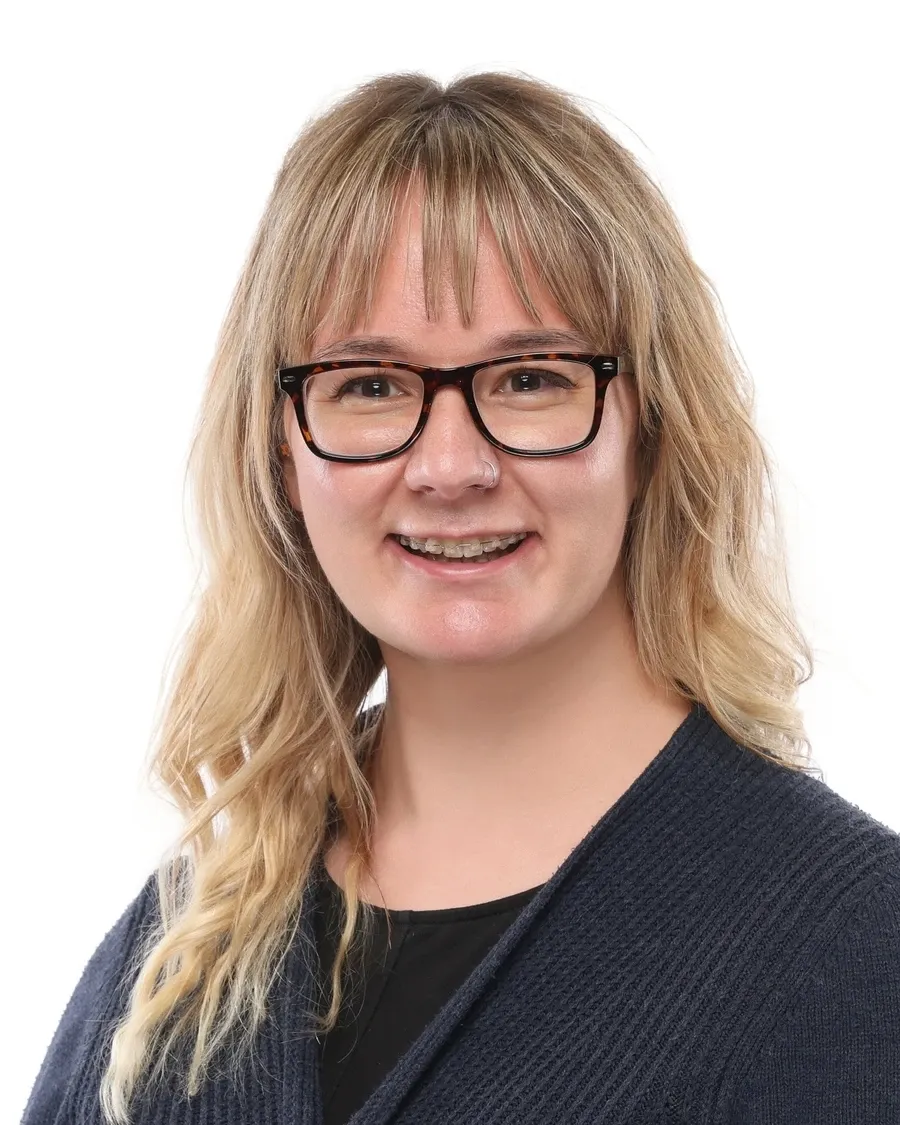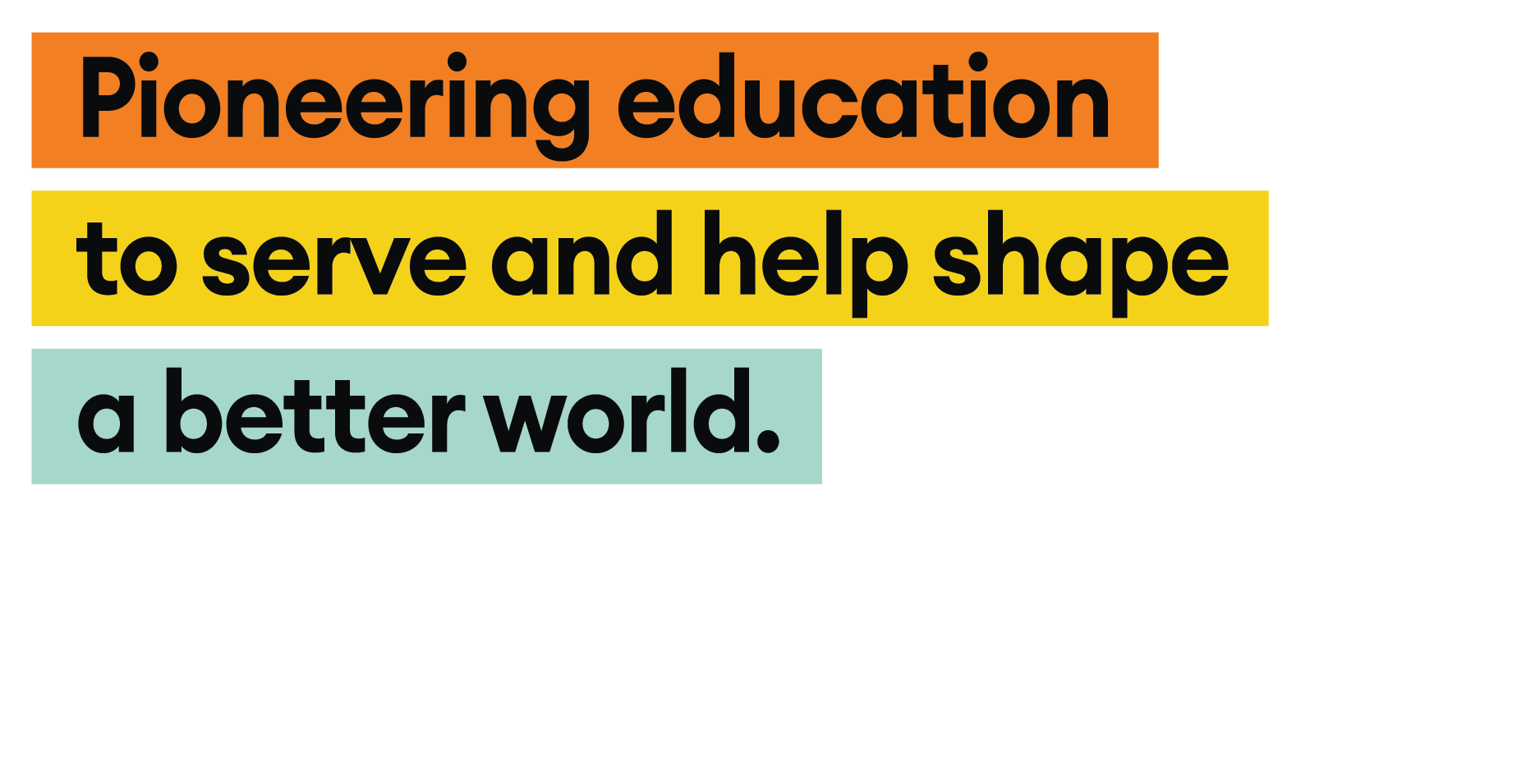Bridging Literacy and Oracy in Junior School
Ms Susanna Thicks
Year 3 Teacher / Read Write Inc Lead
In today's educational landscape, the ability to communicate effectively is paramount. Literacy and Oracy form the twin pillars that support a child's academic journey and personal development. By integrating both powerful written literacy strategies with comprehensive oracy development, educators can provide pupils with a rich and balanced foundation, ensuring they are equipped to succeed in and out of the classroom. In this article, we will explore "Building a Strong Foundation: The Read Write Inc. Approach to Literacy Education."
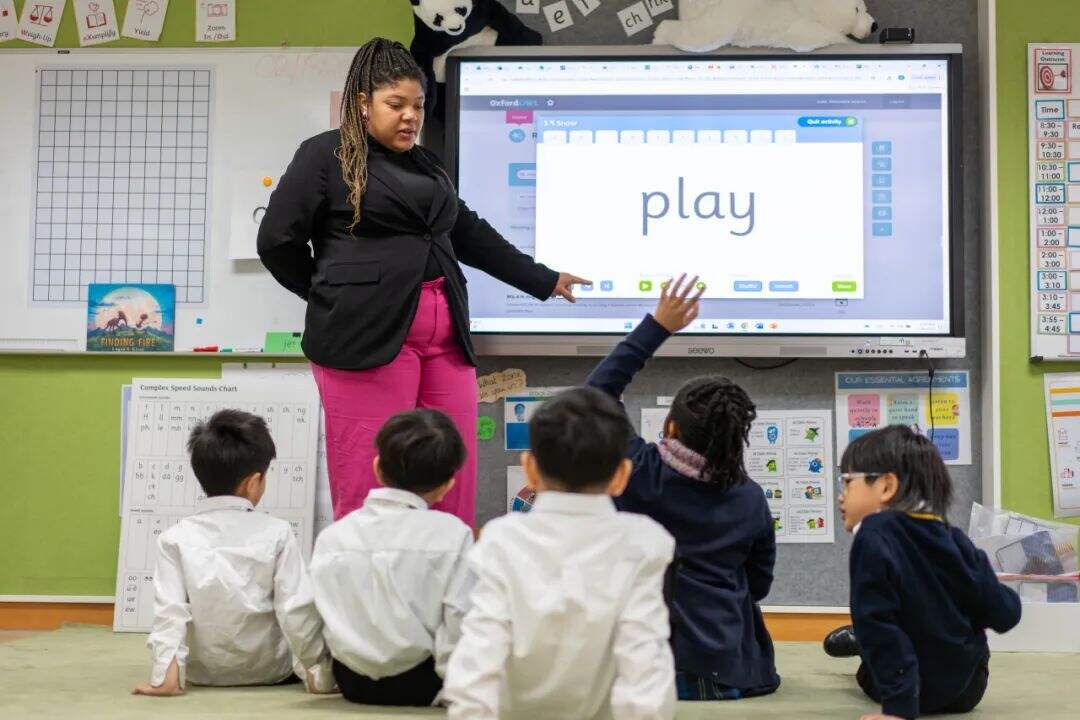

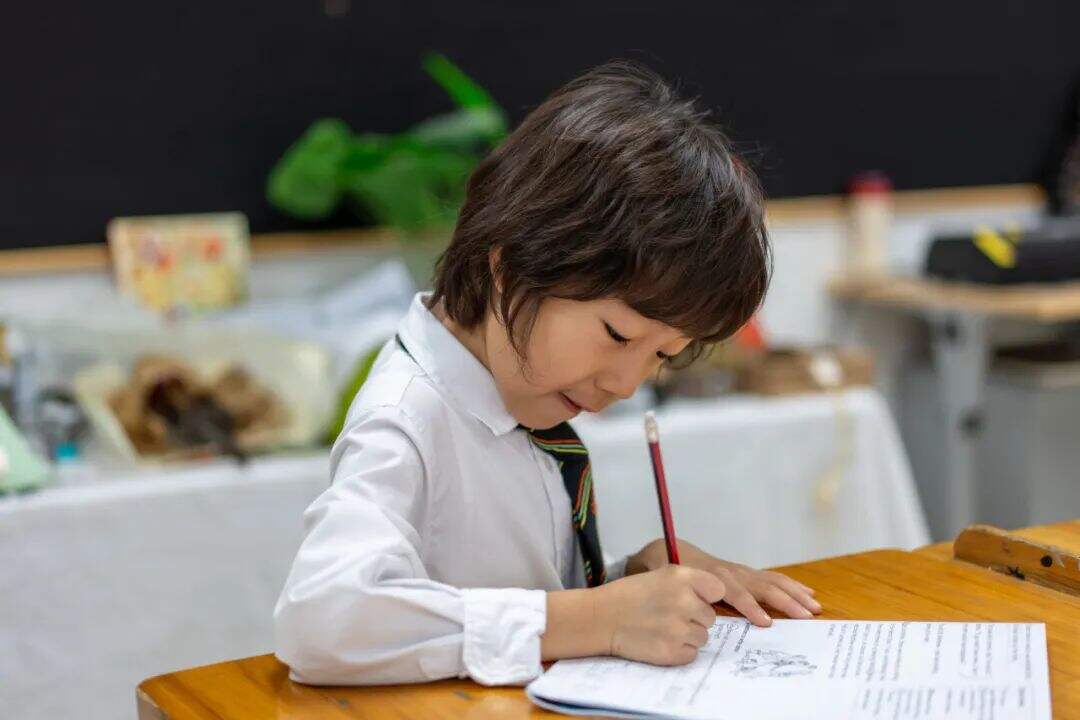
Developed by Ruth Miskin, the Read Write Inc. (RWI) programme is a highly structured and systematic approach to teaching literacy, predominantly used across more than 25% of UK primary schools. This innovative programme is making significant strides in literacy education, focusing on essential skills in phonics, reading, and writing. Its wide adoption and proven results highlight its effectiveness and importance in the educational landscape of the UK and internationally.
A Systematic Approach to Literacy
RWI is designed to help young learners quickly recognize sounds and decode words, laying a solid foundation for reading and writing. The programme builds confidence through the consistent application of phonics, enabling pupils to write independently with greater assurance. Central to the programme is its structured 3/5 day teaching cycle that includes activities like ‘Hold a Sentence’ and ‘Build a Sentence’. These activities help pupils to practice and enhance their vocabulary and sentence structure, culminating in an independent writing task where pupils apply the skills they have learned.
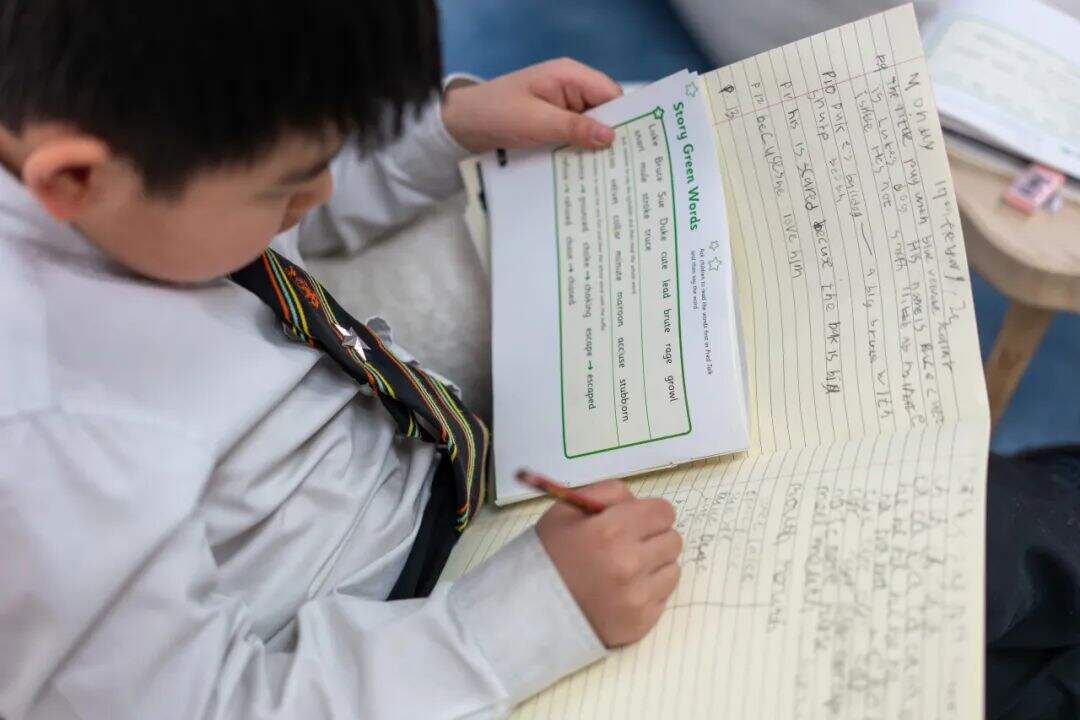

Effective Teaching Strategies
Key to the success of RWI is its emphasis on small, focused groups, which ensures that every pupil actively participates. This targeted approach facilitates personalized learning experiences and maximizes engagement. Several innovative reading strategies are incorporated, such as partner practice, teacher-led reading, and the "Jump In" technique. These methods help to build familiarity, confidence, and fluency in reading among pupils.
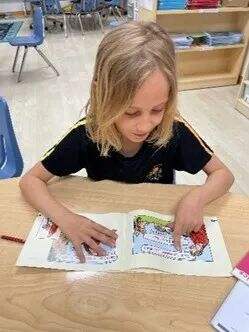
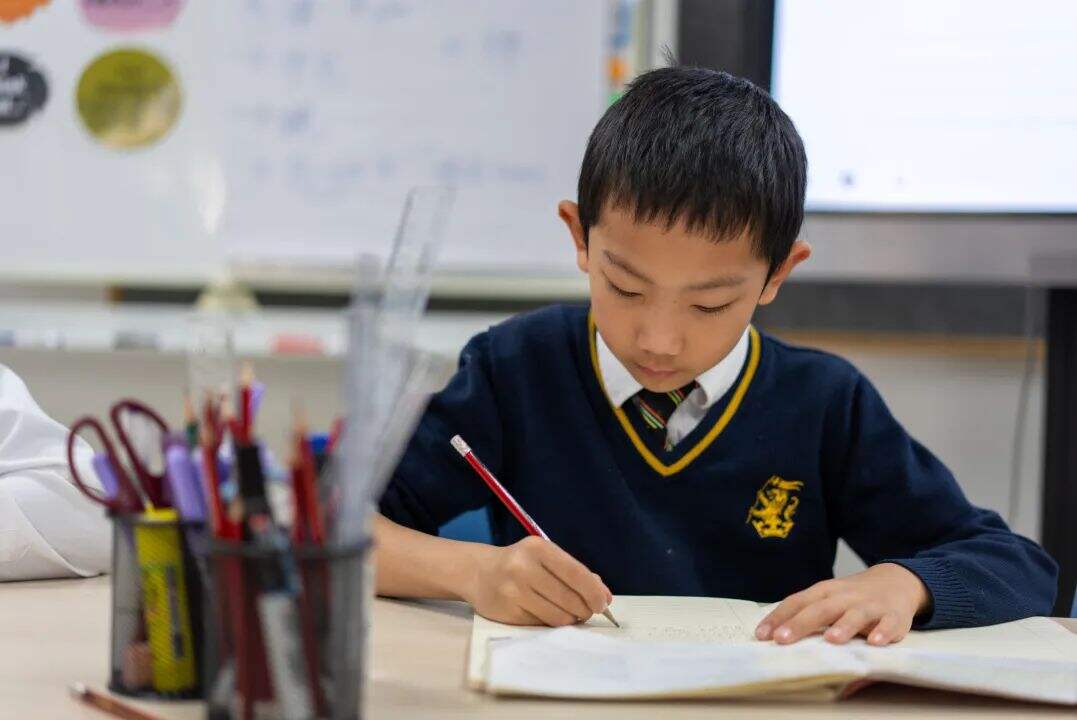
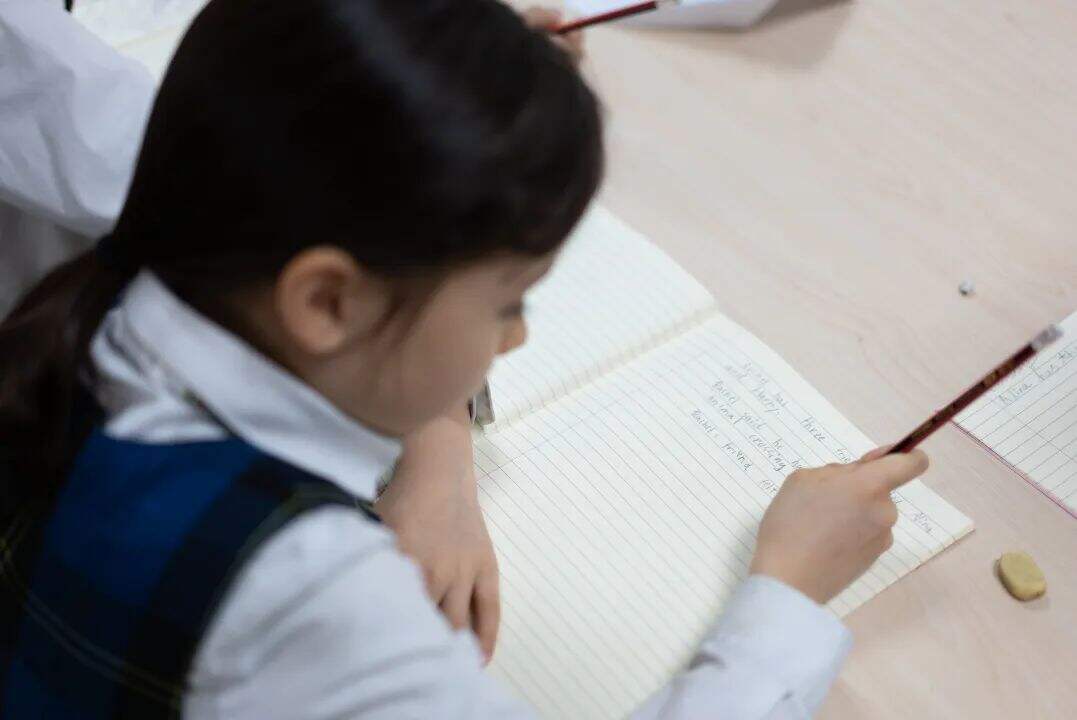
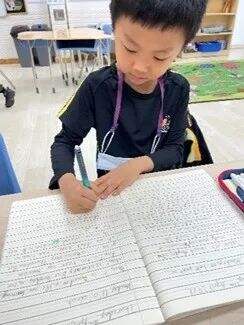

Comprehensive Assessment
Assessment is an integral part of the RWI programme, conducted every 6-8 weeks. Techniques like Fred Talk, Fred in Your Head, Speedy Reading, and Nonsense Words are used to evaluate sound recognition, blending, segmenting, and overall fluency. The assessments help in forming groupings based on individual progress and teacher observations, allowing for tailored instruction that meets the diverse needs of pupils.
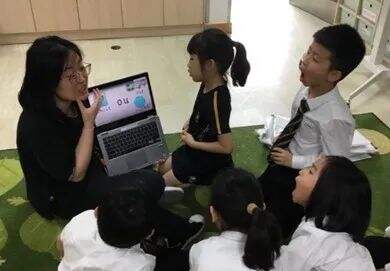


Progressive Content and Focus
In the initial phases, RWI emphasizes sound recognition and word decoding. However, as pupils advance through the programme, the focus shifts towards grammar, detailed writing, and comprehension development. This gradual increase in complexity ensures that pupils are not only able to read but also understand and engage with texts at a deeper level.



By exposing pupils to new vocabulary through RWI and other reading materials, the programme supports a broadening of language skills and knowledge. This comprehensive approach to literacy education ultimately aims to empower pupils to read and write independently, giving them a strong start in their academic journeys.
Related Articles









 Channel
Channel 
 Linkedin
Linkedin  Facebook
Facebook  Ins
Ins 

